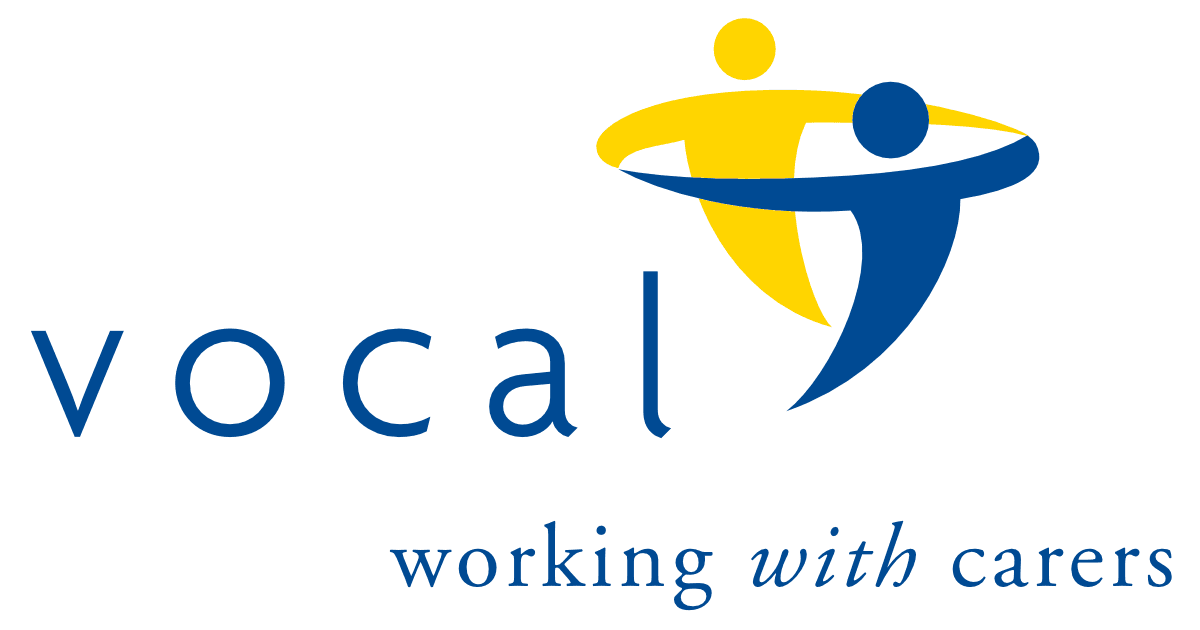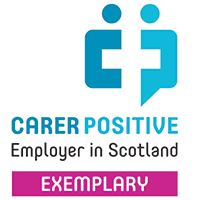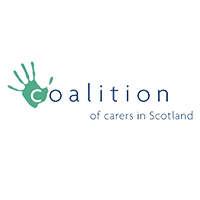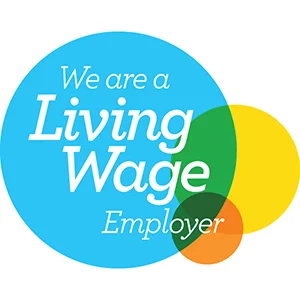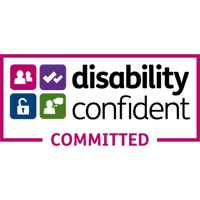Here we are in February again, another LGBT History Month has rolled around. This time last year we looked at perspectives on care, examining how sexuality – and some of the history around queer identities – can impact a caring situation.
One of the things which came up researching that article was the poor availability of solid research and statistics on the impact sexuality and sexual identity can have on care. So this year we’re looking at how attitudes to LGBT+ identities impact on support for LGBT+ carers, some of the historical context surrounding that and some of the ways we’re trying to do things better here at VOCAL.
LGBT+ identities are routinely represented as highly sexualised identities. As a consequence asking about sexual orientation for many is akin to asking about sex – very uncomfortable! In fact one of the main reasons for that lack of solid information we encountered is individual practitioners feeling squeamish about asking what is viewed as a very private question. This can be seen as the legacy of the 1967 Sexual Offences Act, which specifically decriminalised sexual orientation in private. Unless it directly impacts the matter at hand many people are most comfortable leaving sexuality firmly within the private sphere.
“[If] it does not impact on the care being delivered then why do we need to ask such personal questions?” – respondent to a London Metropolitan University, 2006 survey on inclusion in health and social care.
This approach – while understandable – effectively denies Lesbian, Gay, Bisexual, Transgender and otherwise queer carers the right to a fully recognised public life. ‘treating everyone the same’ sounds great at first, but sameness is not actually the same as equality. This approach risks building an unequal service that fails recognise the impact of social divisions based on sexuality and gender identity, and fails to adequately support carers who don’t fit an assumed (usually heterosexual) norm.
Anti-discrimination law has strengthened rights for LGBT+ people in fields such as employment and the provision of goods and services (Employment Equality (Sexual Orientations) Regulations 2003 and Equality Act (Sexual Orientation) Regulations 2007). The 2010 Equality Act streamlined existing legislation and conferred equal protections across the seven equality strands alongside new protection for carers, which the Carers (Scotland) Act 2016 builds on, though there is still work to be done.
Just as the overarching term ‘carer’ covers as many specific caring relationships as you can find carers, discussing LGBT+ identities as a blanket term overlooks many of the differences in an individual’s life circumstances, and misses their inherently individual experience of providing care to others. A trans-woman caring for her mother might face some of the same issues as a gay man caring for his partner but not all by any means, most of the issues they each faced would be individual and specific to their own unique circumstances. Just like any carer.
Creating a safe space which recognises the inherent diversity of all carers is at the heart of VOCAL’s approach to carer support. Our person-led, solutions-focused model of carer support is specifically designed to ensure that we shape and deliver bespoke support to each carer tailored to their individual needs and circumstances. We still have work to do too, but we hope we’re on a solid foundation.
